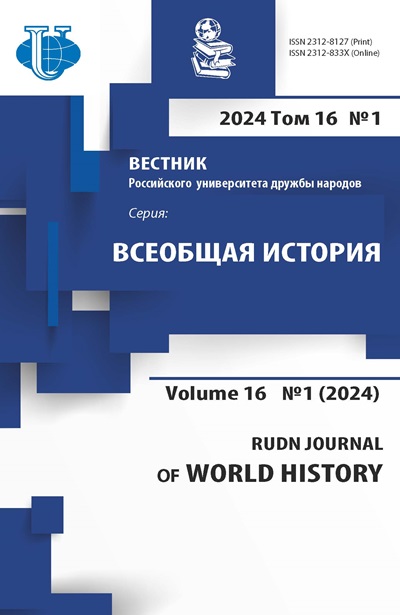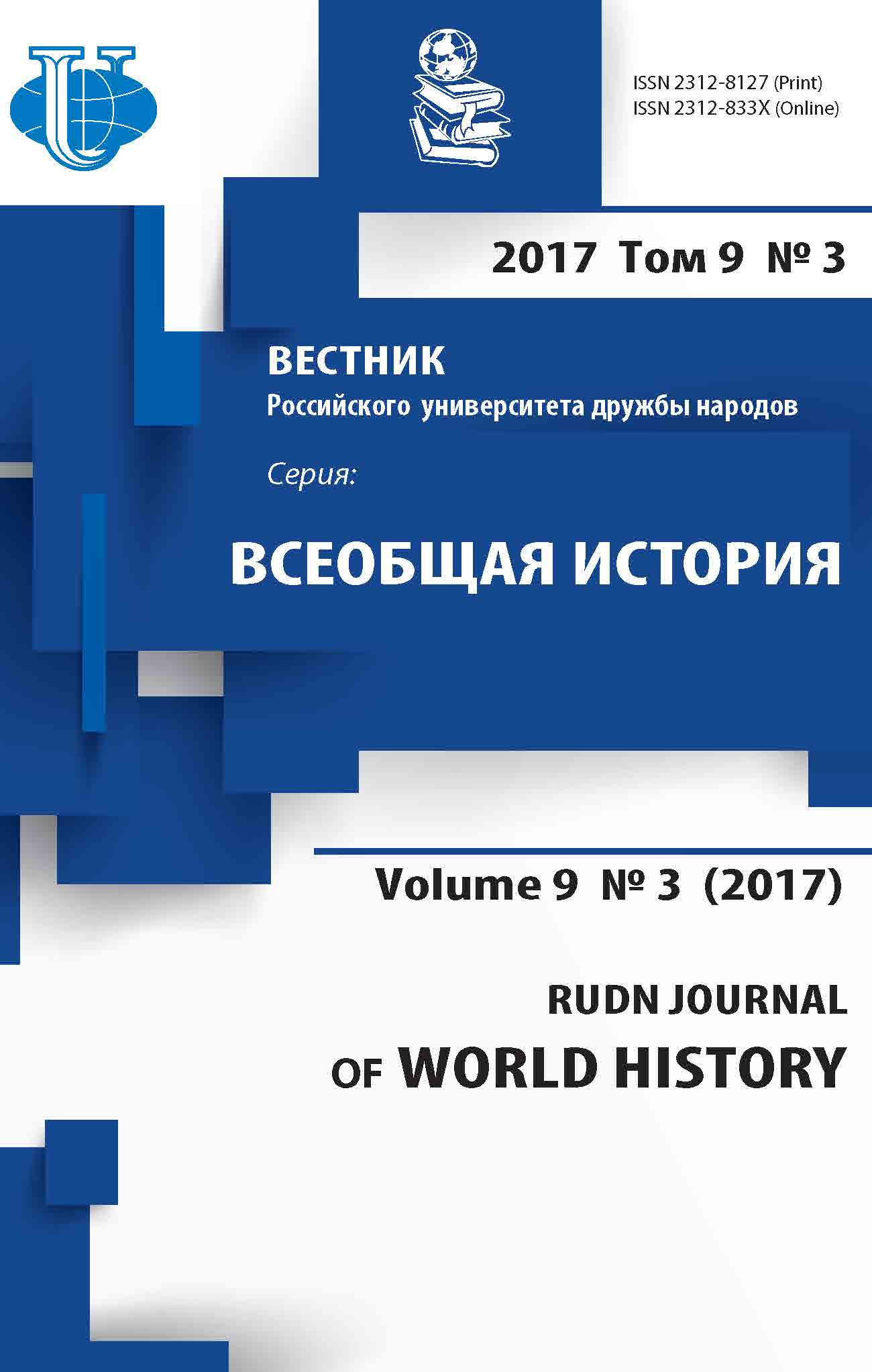P’UNSU: KOREAN ART OF HARMONIOUS LIVING
- Authors: Smertin YG1
-
Affiliations:
- Kuban State University
- Issue: Vol 9, No 3 (2017)
- Pages: 205-214
- Section: History of culture
- URL: https://journals.rudn.ru/world-history/article/view/17112
- DOI: https://doi.org/10.22363/2312-8127-2017-9-3-205-214
Cite item
Full Text
Abstract
This article examines the phenomenon of the p’unsu, which has little studied in domestic science. Koreans used this philosophical theory and practice from antiquity when they defi ned auspicious places for settlements and burials of relatives. Based on medieval and modern literature sources the author analyzes the link of p’unsu with Chinese fengshui, explores the main theoretical postulates of this theory and its practical application for the sake of gaining a healthy and happy life. P’unsu played an important role in the political life of the medieval Korea, so the article reveals its social function. The conclusion is that this ancient proto-science helped the Koreans to live in harmony with nature, it has become an important part of Korean worldview and is demanding in modern Korea. To understand Korean culture in all its diversity, it is necessary to consider a role p’unsu.
About the authors
Y G Smertin
Kuban State University
Author for correspondence.
Email: usmer@hotmail.com
Смертин Юрий Григорьевич - доктор исторических наук, профессор кафедры зарубежного регионоведения и дипломатии Кубанского государственного университета.
149 Stavropolskaya St., Krasnodar, Russia, 350000References
- Choi Chang-jo. P’ungsu, the Korean Traditional Geographic Thoughts // Korea Journal. 1986. № 5.
- Duhovnaja kul’tura Kitaja. Enciklopedija. T. 5. Hauka, tehnicheskaja i voennaja mysl’, zdravoohranenie i obrazovanie. Moskva, 2009. (In Russ)
- Meyer A. Biography of Guan Lu // The Human Tradition in Premodern China. Ed by K.J. Hammon. Washington, 2002.
- Paton M.J. Five Classics of Fengshui: Chinese Spiritual Geography in Historical and Environment Perspective. Leiden, 2013.
- A Translation of the Ancient Chinese the Book of Burial (Zang Zhu) by Guo Pu (276–324). New York, 2004.
- Yoon Hong-key. The Culture of Fenfshui in Korea: an exploration of East Asian geomancy. Lanham, 2006.
- Dun Chunshu. Chun tsiu fan lu // Drevnekitaiskaja fi losofi ja. Epoha Han’. Moskva, 1990.
- Choi Chang-jo. P’ungsu, the Korean Traditional Geographic Thoughts // Korea Journal, 1986, № 5.
- Skinner S. Guide to the Feng Shui Compass: a Compendium of Classical Feng Shui. Singapore, 2008.
- Experts from Koryo sa: the Ten Injuctions of Wang Kon (King Taejo). Asia for Educators. Columbia University. URL: http://afe.easia.columbia.edu.
- Kurbanov S.O. Istorija Korei s drevnosti do nachala XXI veka. Sankt-Peterburg, 2009 (In Russ.).
- Yoon Hong-key. The Image of Nature in Geomancy // GeoJournal. Vol. 4. № 4. 1980.













